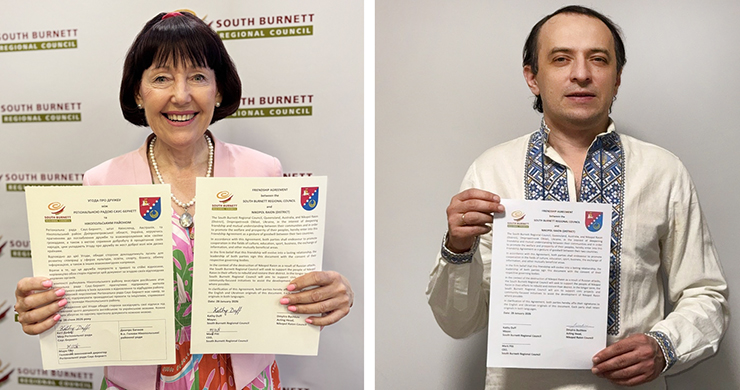
June 30, 2021
South Burnett Regional Council could “easily” spend $20,000 each time it hired an external investigator to consider complaints from the public, a report from a State Parliamentary Committee has revealed.
Council’s own legal expenses could then add another $10,000 to this bill, but “complex” complaints could increase these amounts “tenfold”.
And on top of these costs, Council often had to divert staff resources away from other work to meet Crime and Corruption Committee (CCC) timeframes.
On March 26, CEO Mark Pitt addressed a public hearing of the Parliamentary Crime and Corruption Committee in Brisbane after the SBRC made a submission to Parliament’s mandatory five-year review of the CCC.
The Parliamentary Committee’s 158-page report was released on Wednesday.
The committee made 30 recommendations, including at least one idea put forward by the SBRC; other issues aired by Council were also noted.
The SBRC’s submission covered:
- The limited resources councils have to undertake investigations
- The cost of hiring external investigators
- The lengthy timeframes involved in getting a result, and
- An apparent lessening of training offered to Council staff to prevent issues occurring in the first place.
On this latter point, Council appears to have had a win.
In Recommendation 29, the committee said the CCC should develop and deliver additional training and educational material.
In its submission, the SBRC said it would “welcome the reinvigoration of the preventative focus by the CCC through online and face-to-face training / engagement programs”.
During the public hearing, Mr Pitt suggested information would be “more digestible” if there was a greater focus on the use of videos with real-life examples, similar to material produced in the early 2000s.
“Staff could relate to it, people could understand it … we do not have that sort of material that is very relatable to the average staff member now,” he said.
The committee noted the importance of accessible and effective education and training materials.
“It appears stakeholders would benefit from more practical guidance and training material such as suggested by the SBRC,” the committee wrote.
The committee also noted the SBRC’s concern that it sometimes waited months for a response from the CCC, however it made no recommendations about the timeliness of decision-making.
The SBRC’s concerns about the publication of allegations were also noted.
At the public hearing, Mr Pitt suggested social media was the scourge of the modern day “in terms of councillors’ and senior staff’s ability to defend themselves publicly”.
“It seems to be that we have a range of parties on occasions that ‘agency shop’,” he said.
“Particularly where there is a complaint, we will read about it on social media before we get formal advice that it has happened.”
This did a lot of damage to public confidence in council.
“From previous experience, often if there is no corruption or no issue, it is not uncommon for us not to get a final statement to say that it has been dealt with. It just seems to disappear …
“It does cause problems. There is a lot of commentary from the complainants about it, so it is nice to put these issues to bed.
“It would be really nice to put out a statement saying, ‘This was investigated. These were the outcomes’.”
On the expense of investigations, Mr Pitt said an external investigator could cost Council between $10,000 and $20,000, and that the CCC often required a rapid turnaround which meant Council had to redirect resources to meet the timeframe.
“In human resources, we will pull a person offline to do it, depending on the complexity,” he said.
“We have had some that have been very complex; others have been simple.
“If we have to pull in an external investigator, it is anything from 10 to 20 grand easily. We take our own legal advice to ensure the Council’s interests. There would be 10 (grand) there easily.
“For the complex ones that drag out over a period of years, as some can, you can multiply that tenfold.
“It seems a funny old system where if we send something off we have no decision point in it, and then it comes back to us and we are told, ‘You engage an investigator and you do it and you pay for it and let us know what the outcome is’.
“We might as well not send it off; we might as well just engage (our own investigator) …
“If we are going to get these things back to investigate, we might as well have control. We are paying the bill.”
Footnote: southburnett.com.au understands the SBRC’s legal bill – linked to complaints – over the past 12 months totals at least $190,000.
- Related article: Council CEO To Address MPs
External links:
- Review of the CCC’s Activities (2.4Mb PDF)
- The SBRC submission (1.09Mb PDF)























